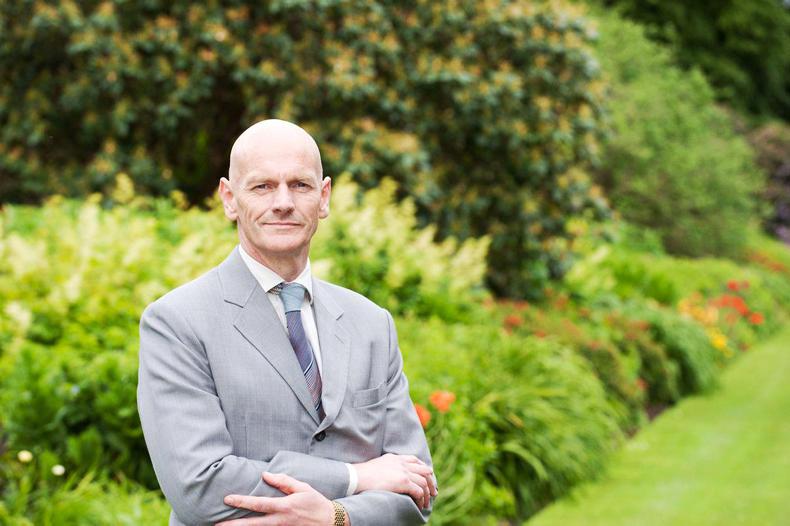What is the estimated cost of food fraud?
PWC recently produced a report that put the figure at €50bn every year. However, it’s one of the great unknowns.
How do you identify fraud in food supply chains?
There are two things I always look for. The first is the complexity of supply chains for raw materials. The longer the chain, the greater chance there’s fraud involved at some point. The second is products that are in short supply. Last year, butter prices spiked because of a supply shortage. It resulted in a number of incidences of massive fraud, particularly in southeast Asia, where companies were caught using refined oil and cleaning materials to bulk out their butterfat supplies.
How else does fraud manifest itself?
Counterfeiting is a type of fraud that most of the big food brands are dealing with. It’s a global phenomenon. There are anti-counterfeiting measures a business can take, such as smart packaging and using holograms on wrapping.
Does the intense competition in the food industry contribute to fraud?
The intense competition means not many supply chains are built on long-term supply relationships. There’s not a lot of trust, which creates so many opportunities to cheat. Tight profit margins in food incentivise some companies to cut corners just to win a supply contract.
Do you think Europe still has a problem?
I think we can be very proud of our food system in Europe. We had massive problems with the illegal use of angel dust and illegal drugs in the 1980s and early 1990s. Ireland, the UK and most parts of Europe have very strong systems in place now to prevent this. There are weak parts of Europe such as our newer members, where the regulatory mechanisms are a few years behind. There will always be those who try to test the system but I believe very little of that goes on now.
Is it difficult to acquire illegal hormones or drugs for livestock?
Not at all. Just go online. I tested this out a couple of weeks ago and I could get enough drugs to treat every pig on the island of Ireland.
How could Brexit affect food safety standards?
What’s certain about Brexit is that it will create massive opportunities for cheating in the food industry. Fluctuations in currency values force companies to change where they source raw materials. This will be rife for exploitation. My belief is that there will be a trade-off between food standards and selling financial services in the UK.
Can the UK label all hormone-treated beef and let the consumer decide?
Even if the UK government says all hormone-treated beef will be labelled in the future, the amount of cheating that will go on will be huge. I believe huge volumes will be re-labelled as UK hormone-free beef and sold in this way. It’s just such an opportunity for fraud.
Title: Professor of Food Safety and pro vice chancellor, Queen’s University Belfast.
Estimated cost of food fraud: €50bn.






 This is a subscriber-only article
This is a subscriber-only article










SHARING OPTIONS: